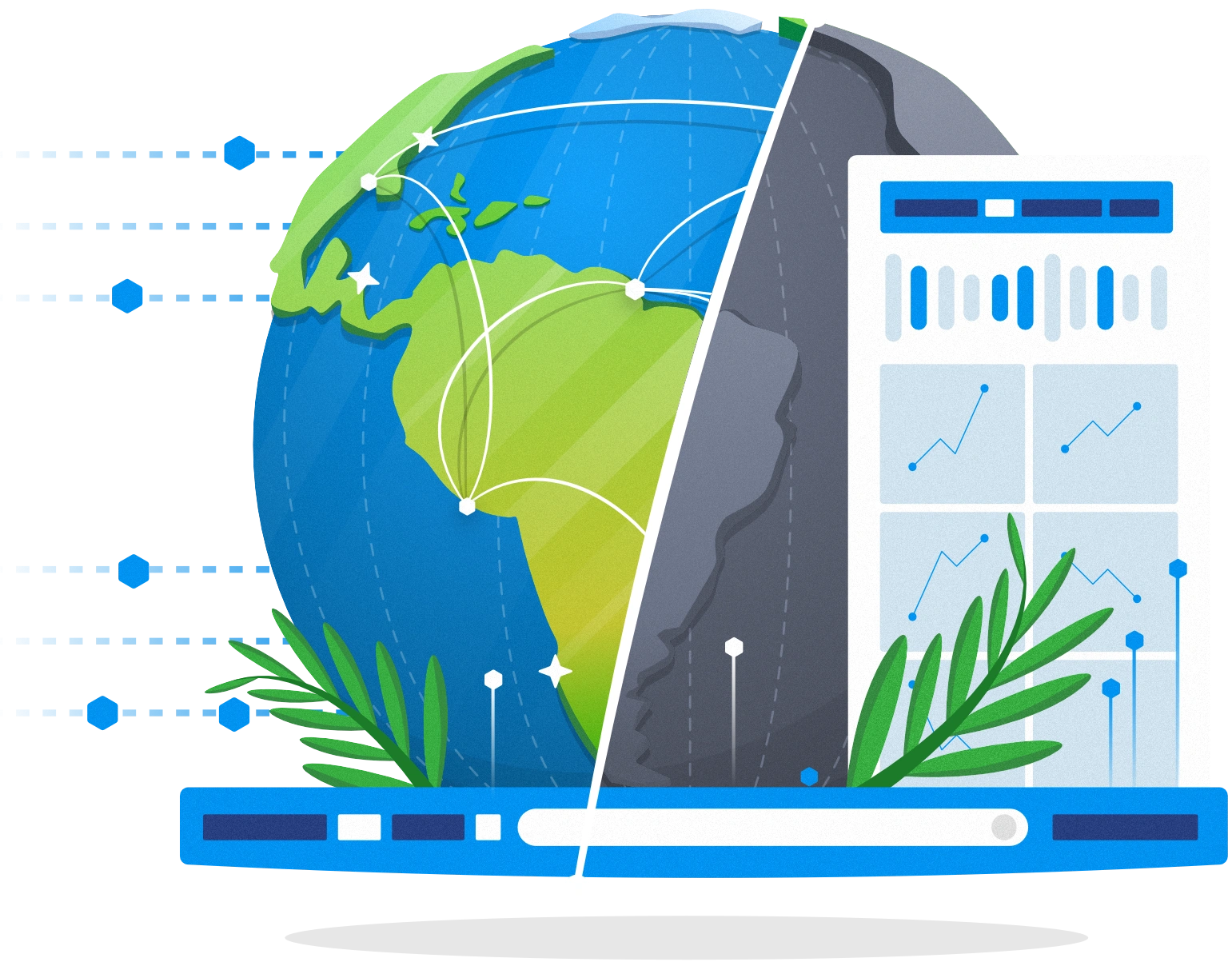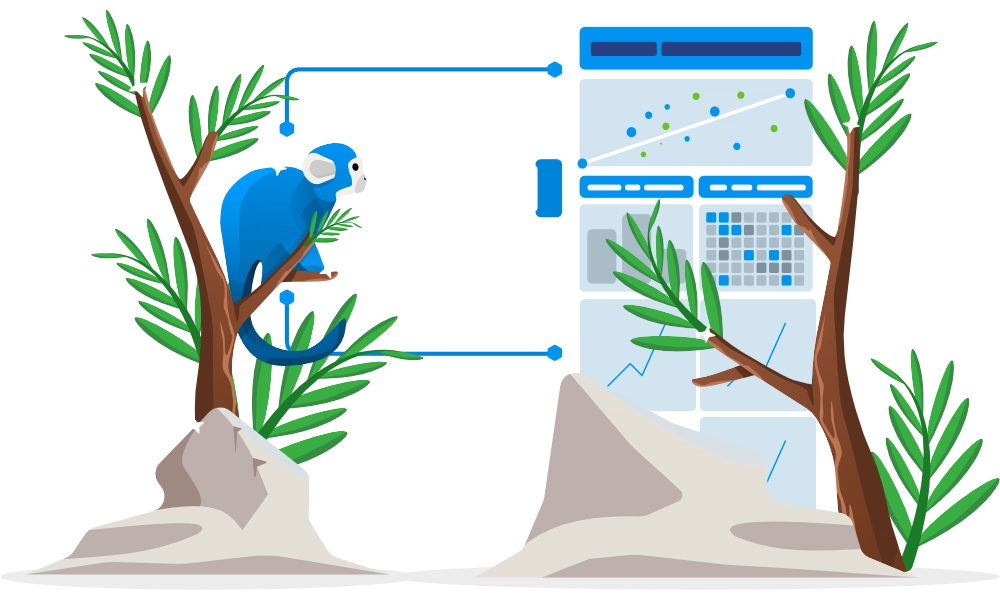Get a free discovery call with Appsilon's expert.


We Advance Technology to Preserve and Improve Life on Earth. We collaborate with scientists, organizations, and businesses to make a positive impact on the world.








We partner with organizations worldwide to develop high-impact climate change and biodiversity projects. We apply data analytics, interactive visualization, machine learning, and computer vision solutions for social good.
Combining our skills with the domain knowledge of our partner organizations we create innovations for positive impact.
Leveraging the power of data and analytics, we empower our partners to drive change and innovation for the social good.


Marcin Dyderski
Prof., Institute of Dendrology Polish Academy of Sciences

Robin Whytock
Co-Founder & CEO of okala
At the forefront of environmental progress, our approach to sustainability marries cutting-edge technology with eco-friendly practices.
We're dedicated to innovating solutions that not only meet today's needs but also pave the way for a greener tomorrow.
Join us in our journey as we continuously challenge the status quo, driving change for a sustainable and brighter future.
Our mission is to transform climate challenges into actionable strategies, using technology as a catalyst for sustainable adaptation and long-term environmental health.
Utilizing the power of data analytics and AI, we're pioneering new ways to preserve biodiversity, ensuring that every species has a fighting chance against environmental threats.
At the intersection of AI and environmental stewardship, we're tackling pollution and plastic waste, deploying smart solutions for a cleaner, healthier planet.
Revolutionizing the food industry, our innovative technologies are at the forefront of the alternative protein transition, offering sustainable and ethical food choices.
Accelerating the shift to sustainable energy, our initiatives are key drivers in the green energy transition, powering a cleaner, more sustainable future.
Harnessing the potential of data science for social impact, we're addressing critical societal issues with solutions grounded in empirical data and human-centered design.
Visit Appsilon’s Blog for Shiny dashboard tutorials, data science and machine learning insights, R open source, community news, and D4G projects.
Your weekly roundup of curated industry news from across #DataForGood, #Sustainability, #ClimateChange, #AI & #Tech.
We have a responsibility to make this world a better place. At Appsilon we do it through technology. We use our expertise in interactive data visualization, machine learning, and developing artificial intelligence solutions to make an impact.
We partner with domain experts to find innovative solutions. Working together we find ways to resolve some of the world’s most pressing challenges.



